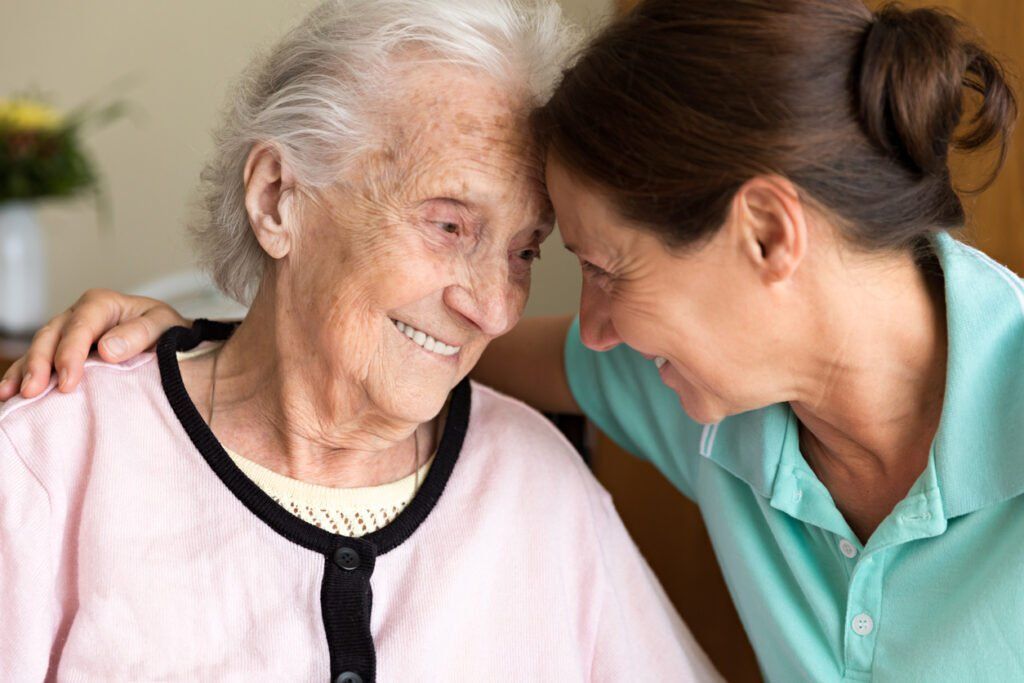Exceptional Memory Care Charlotte: Approaches for Engaging and Sustaining Residents
Exceptional Memory Care Charlotte: Approaches for Engaging and Sustaining Residents
Blog Article
Effective Mental Deterioration Treatment Approaches for a Better Lifestyle
In the world of mental deterioration treatment, the application of efficient strategies is critical for boosting the high quality of life for both individuals influenced by the disease and their caretakers. Comprehending the unique phases of mental deterioration enables for tailored treatments that resolve the advancing needs of clients-- from promoting cognitive engagement in the beginning to guaranteeing dignity in late-stage care. Moreover, the relevance of interaction strategies and an encouraging atmosphere can not be overstated. What particular strategies can be taken on to cultivate an atmosphere of empathy and connection throughout this difficult journey?
Understanding Mental Deterioration Phases

In the early stage, people might experience mild memory loss and trouble with familiar jobs. Treatment strategies should focus on keeping independence and giving cognitive stimulation. In the late stage, people might lose the ability to connect and call for aid with day-to-day activities.
Identifying these phases allows caregivers to adjust their methods and provide assistance that straightens with the person's existing requirements, inevitably helping with far better administration of the condition and enhancing the general caregiving experience. Comprehending mental deterioration phases is consequently a foundational facet of efficient dementia care.
Communication Strategies
Efficient interaction is an essential element of mental deterioration care, particularly as the illness advances via its different phases. As cognitive capacities decrease, it becomes necessary to adapt communication strategies to meet the requirements of individuals with dementia. Using clear, basic language is critical; caregivers should stay clear of complicated sentences and lingo, choosing rather for uncomplicated, succinct expressions.
Non-verbal communication plays a just as substantial role. Faces, gestures, and intonation can share warmth and understanding, frequently enhancing verbal messages. Keeping eye get in touch with and an open stance promotes a sense of link and safety, encouraging people with mental deterioration to engage more totally in discussions.
It is also beneficial to be patient and enable ample time for actions. Individuals may call for additional time to process info and create their thoughts. If understanding shows up doing not have., repeating or putting in other words inquiries might be necessary.
Finally, concentrating on the individual's interests and personal background can promote more meaningful interactions. Engaging in acquainted topics can stimulate positive memories and emotions, further improving the communication experience (memory care facility charlotte). By using these techniques, caretakers can considerably enhance the high quality of communications, advertising self-respect and regard for individuals dealing with dementia
Creating a Safe Atmosphere
Producing a risk-free environment for people with dementia is vital to advertising their wellness and self-reliance. A properly designed area can considerably minimize the risks of crashes and enhance the high quality of life for those influenced by this problem.
Lighting plays a critical role too; making use of natural light anywhere possible and incorporating evening lights can assist people browse their surroundings securely. In addition, labeling rooms and crucial things can assist memory and orientation, minimizing complication and anxiousness.
It basics is likewise important to develop a familiar atmosphere by customizing the room with photographs or valued things, which can evoke positive memories and a sense of belonging.
Integrating furnishings that is both comfy and useful contributes to a supportive environment, allowing individuals to engage in day-to-day tasks with convenience. Inevitably, a secure environment not only safeguards against physical risks yet likewise fosters a sense of protection, which is necessary for the psychological well-being of those coping with dementia.
Engaging Activities and Routines
Involving activities and structured regimens are essential elements in the treatment of individuals with mental deterioration, as they promote cognitive feature, psychological security, and social communication. These activities need to be tailored to the person's rate of interests, capabilities, and stage of cognitive decrease. memory care facility charlotte. Simple, recurring tasks such as gardening, crafts and arts, or cooking can give significant engagement, enabling people to utilize their skills while promoting a feeling of success
Establishing a day-to-day regimen assists develop a predictable atmosphere, which can decrease anxiousness and complication. This structure can include assigned times for meals, activities, and remainder, making certain a balanced technique to daily life. Incorporating social communications right into these regimens, such as team activities or checking out family members, more boosts emotional well-being and combats sensations of seclusion.
Additionally, exercises, such as dancing or strolling, not only advertise physical health and wellness but likewise boost mental involvement. Motivating involvement in area occasions or support groups can give additional opportunities for socialization. Overall, the assimilation of appealing tasks and structured routines is vital in boosting the lifestyle for individuals with dementia, cultivating self-reliance and dignity while resolving their one-of-a-kind needs.
Supporting Caretaker Well-Being
Caring for individuals with dementia can be a requiring and psychologically exhausting experience, making it necessary to prioritize the health of caretakers. Caretakers typically deal with high degrees of stress and anxiety, anxiousness, and physical fatigue, which can lead to burnout if not addressed appropriately. To sustain their wellness, it is important to carry out a diverse technique.
First, providing caretakers with access to education and resources can encourage them with strategies to manage day-to-day difficulties. Assistance teams, both in-person and online, supply a platform for sharing experiences, promoting a sense of neighborhood, and minimizing sensations of isolation. you can try this out Additionally, reprieve treatment services allow caregivers to take necessary breaks, allowing them time to attend and reenergize to their very own health and wellness requirements.
Moreover, motivating caregivers to participate in self-care techniques-- such as routine workout, healthy and balanced consuming, and mindfulness-- can considerably improve their strength. Advertising open interaction about their sensations and challenges with household members or experts additionally helps alleviate emotional burdens.
Conclusion
To conclude, reliable dementia care methods incorporate a detailed understanding of the condition's stages, the execution of clear interaction methods, the facility of a safe setting, and the promotion of interesting activities and organized regimens. Furthermore, focusing on the wellness of caretakers is important to maintaining top quality care. By incorporating these strategies, the total lifestyle for people with dementia can be significantly boosted, fostering a supportive ambience that advertises dignity and emotional wellness.
In the world of dementia care, the application of effective techniques is essential for boosting the top quality of life for both people impacted by the condition and their caregivers. By employing these methods, caretakers can considerably boost the quality of communications, promoting self-respect and regard for individuals living with dementia.

Caring for individuals with dementia can be a requiring and mentally straining experience, making it necessary to prioritize the well-being of caregivers.
Report this page